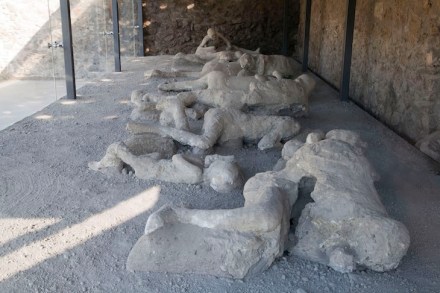Entertaining cousin Nicky
First it was McMafia. After which it was the Skripals. Then the World Cup. Come the end of the year even Buckingham Palace is getting in on the act with a new exhibition, Russia: Royalty & the Romanovs (‘Through war, alliance and dynastic marriage the relationships between Britain and Russia and their royal families are





















